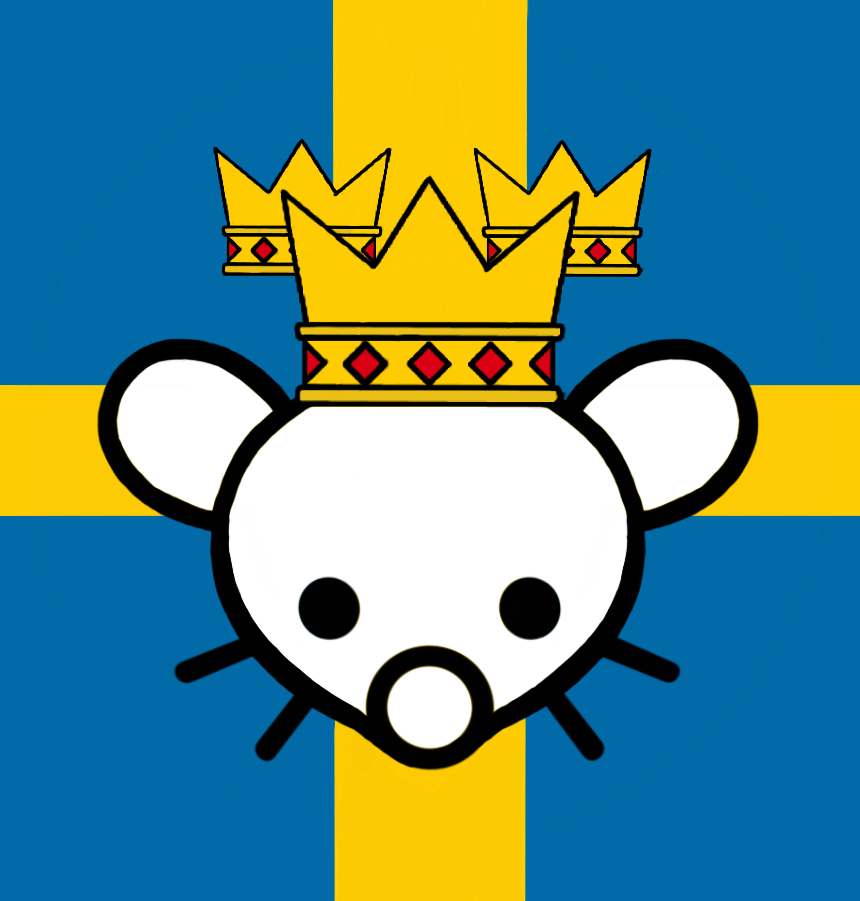- 1 Post
- 4 Comments
Haha, it is quite a good analogy! The drives even contain schematics on how to build a really fancy computer, but they are very complex and if you try to change something it usually breaks down. So in the end you just write really simple instructions to each drive, throw them in a box, shake it, and discover that the drives themselves self-assembled into the computer you wanted.
DNA nanotechnology is amazing! You can see a 3D visualisation of the assembled structure here: https://nanobase.org/structure/196
The arrival of the Götheborg on the scene was rapid and surprising, as we did not expect to see a merchant ship from the East India Company of the 18th-century. This moment was very strange, and we wondered if we were dreaming. Where were we? What time period was it?
Article: https://marineindustrynews.co.uk/gotheborg-of-sweden-rescues-sailboat/




Thank you! And really nice! What software do you use to create those? If you’re interested, you can also load the “dat” and “top” files from Nanobase into https://sulcgroup.github.io/oxdna-viewer/ and export files for Blender, etc. I’m also trying to get this to work: https://akodiat.github.io/oxJenga/, were you can interact with a live DNA origami simulation in VR/AR, but the leaf spring design still is a bit too large for the software to handle, unfortunately.